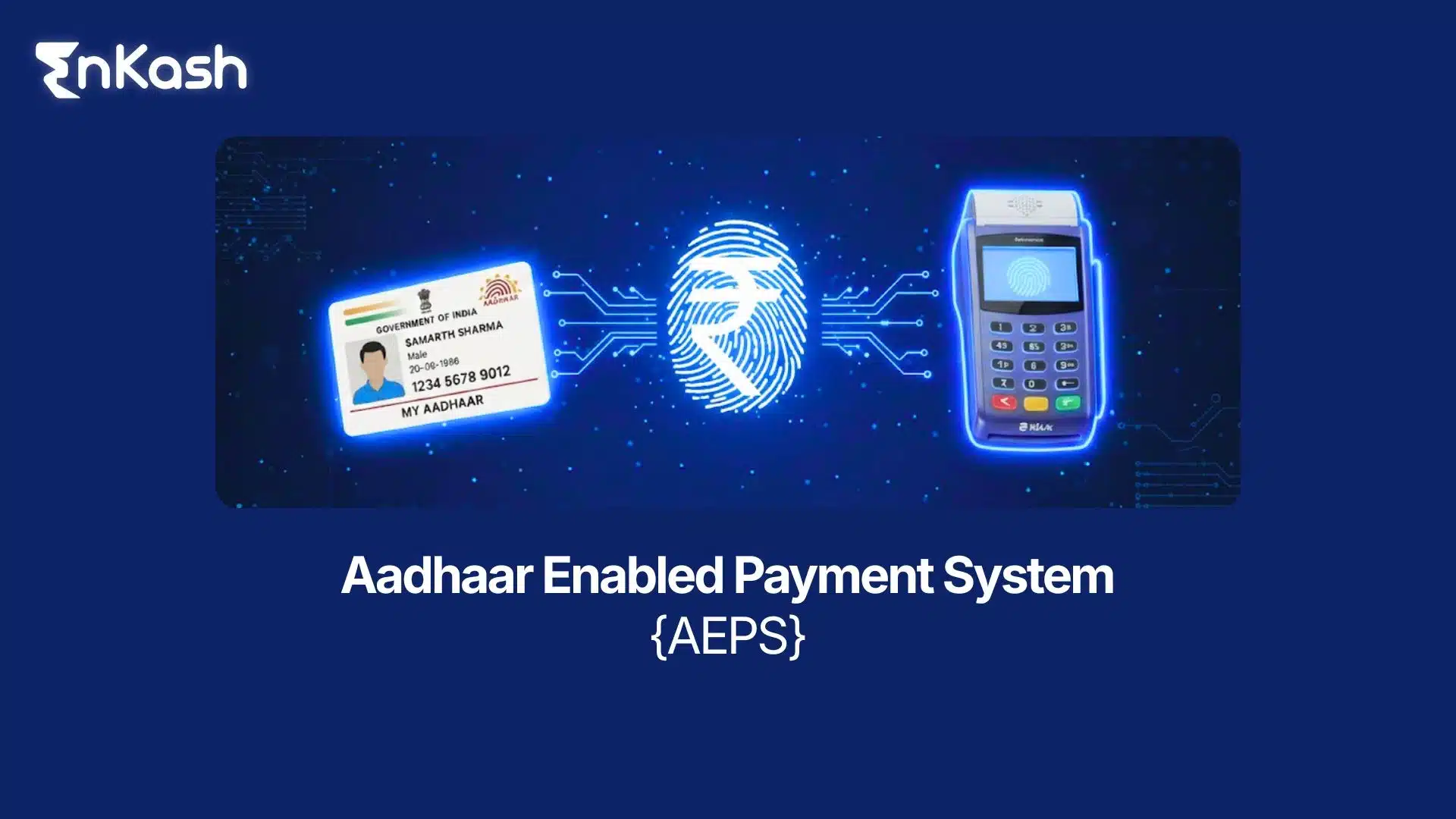There are several business documents that certify an employee’s qualifications, skills and work experience. One of these business documents that holds significant importance is the experience letter. The letter verifies an employee’s length of tenure with an organization and reveals their accomplishments with regards to their responsibilities and skills. Today we will explore the essential aspects of an experience letter like its purpose, importance, experience letter format with the help of an example. Whether you are an employer issuing the letter or an employee requesting it, learning about it can help you get the most out of the document.
What is an Experience Letter?
The experience letter is a formal letter written by the employer to certify that the employee has already completed their term of service in an organization. The letter vouches for the employee’s tenure, their responsibilities, and the competencies they have acquired during their professional life within the company. The document is usually issued when the employee leaves the company or they have completed their contract period.
A typical experience letter format serves the following purposes:
- Confirmation of Employment: It proves that a person worked for the company at a certain specified time.
- Verification of Skills: The letter includes the skills and responsibilities handled by the employee during their professional tenure.
- Performance Testimony: Employers typically provide positive feedback about the employee’s work performance, contribution and behaviour
- Career Advancement: Experience letters help job seekers to demonstrate their competence and suitability to employers.
Although the main function of the experience letter is to certify the employee’s length of service, it also helps build trust between a prospective employer and the candidate.
Is an Experience Letter Mandatory?
One of the common questions, when employees switch their jobs, is – if an experience letter is mandatory. An experience letter is not required by law, by having such a letter can improve the credibility of the applicant. The experience letter has become a common demand among employers, especially corporates who want to check an applicant’s job history.
When is it Required?
- Job Applications: Companies can ask for an experience letter to verify an applicant’s work experience.
- Higher Education: Academic institutions, especially those offering graduate degrees and above, may require an experience letter to verify a prospective student’s work experience as part of their admission.
- Visas and Immigration: In some visa applications, experience letters are required to prove an applicant’s professional background, particularly for skilled worker visas.
When is it Not Required?
- In industries where short-term contracts or freelance-type arrangements are prevalent, applicants may not need an experience letter.
- If an applicant has other credentials such as an extensive portfolio, or a set of references, proving that they meet qualifications.
So to answer the question – is an experience letter mandatory, it depends on the employer and the nature of the process one is applying for. It is a beneficial document to have handy that can help applicants secure future job roles.
Read more: Employee rewards
Importance of an Experience Letter
An experience letter is more than a document that validates an employee’s work history. Let’s look at factors that signify the importance of an experience letter.
Proof of Employment
An experience letter serves as evidence that an employee worked at a specified organization during the given time period. It is a crucial validation for applicants who wish to demonstrate their work experience.
Evidence of Skills and Responsibilities
The letter also provides information on the employee’s role responsibilities, and accomplishments. This helps prospective employers get a better sense of what the applicant can do, and whether their skills would be a good fit for the job they are applying for.
Credibility and Trustworthiness
An experience letter backs the information an applicant includes in their resume or is given during an interview. It is an additional trustworthy source to corroborate the applicant’s claims. It can help build a relationship of trust with prospective employers.
Career Progression
Work experience, not just formal education, is valued in many industries. An experience letter helps employees prove that they have acquired practical knowledge and experience in a specific field, which helps them to advance their careers.
Positive Endorsement
An experience letter, when written well, acts as a reference letter, vouching for the employee’s work ethic, potential, attitude and conduct. A glowing reference letter can help applicants create a positive impression on employers.
6. Required for Immigration or Study Abroad
Experience letters are a necessity in several countries, be it for obtaining work visas or for seeking admission in educational institutions. This is true for countries that have immigration programs for skilled workers.
Read more: Corporate gift vouchers
Experience Letter Format for Employee
An experience letter has to be presented in a formal and professional manner. The aim is to provide concise and accurate information about the employee and their tenure with the company. Here is what a typical experience letter format should include.
1. Company Letterhead
An experience letter should be issued on the company’s official letterhead. The name, logo and address of the company must prominently appear on the document. The use of a letterhead adds authenticity to the letter and also makes it easier for prospective employers to verify the details.
2. Date of Issuance
The date on which the experience letter is issued must be mentioned at the top. It will help avoid any disputes related to tenure in the future.
3. Salutation
Start the letter with a polite salutation. Address the recipient formally if you know the person’s name (e.g., ‘Dear Mr. Doe’). Otherwise, a generic greeting like ‘To Whom It May Concern’ is fine.
4. Employee Details
Make sure that the full legal name of the employee is stated in the letter. For instance, ‘John Alexander Doe’ rather than ‘John Doe’.
5. Job Title and Designation
Specify the employee’s position and designation, along with any promotions received during their employment. It provides information about the employee’s job role and career progression.
6. Employment Dates
The letter must contain information about the employee’s start and end (if any) dates. Use ‘present’ as the end date if the employee is still employed.
7. Responsibilities and Achievements
Summarize the employee’s job role in a concise manner. Specify the tasks, projects or areas the employee dealt with, and highlight any particularly outstanding contributions or goals they achieved.
8. Work Ethics and Skills
Mention the employee’s work ethic and articulate their strengths and key skills. Demonstrating how the employee’s behavior affected their work performance positively can help future employers assess the employee’s suitability for new jobs.
Reason for Leaving (Optional)
While this is not necessary, some employers will indicate a reason for leaving, especially if the employee left on good terms or was laid off due to factors beyond anyone’s control (eg, budget cuts).
Closing Remarks
End the letter on a positive note wishing the employee well with their future endeavors.
Signature and Seal
Lastly, the letter must have the signature of the company’s owner or senior manager, their printed name and designation, and the company stamp or seal (if applicable).
Read more: Payroll processing
Here’s an example that will help you better understand an experience letter format.
[Company Letterhead]
Date of Issuance: [MM/DD/YYYY]
To Whom It May Concern,
This is to certify that [Employee Full Name] worked with [Company Name] as a [Job Title] from [Start Date] to [End Date/Present]. During this time, [Employee First Name] demonstrated a high level of professionalism and was responsible for [briefly mention responsibilities].
Throughout their tenure, [Employee Name] consistently performed their duties with diligence and efficiency, earning the respect of their colleagues and superiors. [Employee First Name] has strong skills in [mention specific skills], which were invaluable to the team.
[Employee First Name] leaves [Company Name] on their own accord, and we wish them all the best in their future endeavors.
Please get in touch with us for any more details on the employment of [Employee Full Name].
Sincerely,
[Authorized Person Signature]
[Authorized Person Name]
[Job Position]
[Stamp/Seal of the Company]
Requirements to Consider When Requesting an Experience Letter
Before asking for an experience letter, employees must consider a few factors. Knowing what and how to ask, can help the employer to deliver an accurate and comprehensive experience letter.
Request Timing
It is best to request the letter as you resign or finish the contract period. Avoid delaying the request, as the absence of the letter can make you look unprepared in front of prospective employers.
Include Job Details
Your request should include details like job position, start and end dates, along with a short description of your duties. This ensures the employer doesn’t miss out on any important information.
Request Relevant Information
If you have any particular achievements or projects you want to highlight it’s best to specify them in the request. Employers may willingly add these details in the letter as a detailed request makes their job easier.
Approach Professionally
You will find that you’re more likely to get a favorable and well-drafted experience letter if you adopt a professional tone when requesting your employer for the letter.
Follow Up
Generally, experience letters are sent by the employers on time. However, if you do not get the experience letter till after a certain period of time, you may politely follow up on the same..
Read more: Approval flow
Conclusion
An experience letter validates an employee’s career history, their position and skills. Both the employers and employees must ensure that the experience letter format and content must be detailed, well-organized, complete and appropriate. An experience letter is not always required by a prospective employer, but it demonstrates that an applicant is a good employee and therefore more likely to be selected.
Employees can increase the chances of getting a well-crafted experience letter, if they mention all relevant details like responsibilities, skills and achievements in their request. Likewise, employers should also make the effort to craft a clear and positive letter that paints an accurate portrayal of an employee’s performance, as the letter can be a reflection of the employer’s professionalism as well. When written well, an experience letter can be an instrument for career development, a portal between previous job roles and opportunities that lay ahead.
FAQs
How soon can I get an experience letter from my employer?
In most cases, the experience letter is usually given out to employees within 1 to 2 weeks upon request. The time taken can vary based on company rules and regulations, the bandwidth of the HR team and the availability of the concerned personnel. It may take longer depending on the nature of the company and their peak business season.
Is an experience letter legally required when applying for a new job?
An experience letter is beneficial but not legally mandatory. Many employers would like to see the experience letter, as it can help them validate an applicant’s work history and experience. So legally not necessary, but an experience letter improves the credibility of a job application and increases the chances of getting the job.
Will I be provided an experience letter for an assignment of less than six months?
Yes, if you have worked for as little as six months, you can request for an experience letter. The experience letter for short-term employees is not as detailed as the one for employees who worked several years, but it will still mention the job title, a brief description of the tasks performed by the employee, and the period within which they were employed.
How to request an experience letter from my employer?
Take a professional approach when requesting an experience letter. Request the letter as you resign or if you are near the end of the contract period. Ensure to make the request through writing, for example, by email or a formal letter, addressed to your supervisor or HR team. Specify details you want highlighted such as employment dates, job position and achievements.
What job description details must be included in the experience letter?
The job description section of the experience letter should include an overview of the employee’s main role and projects completed while employed by the company. This may include outlining the employee’s core responsibilities, key projects or contributions, responsibilities that most showcase their skills and expertise, and specific milestones or achievements they made during their span of employment.
Can an experience letter and a recommendation letter be used interchangeably?
No, an experience letter and a recommendation are two different kinds of letters. An experience letter provides an objective statement of an employee’s employment dates, role, and skills. On the other hand, a recommendation letter gives a subjective statement on the employee’s personality, their skills and whether they are suitable for the new position.
Can an employee request changes or additions to their experience letter?
If employees believe important details are missing in their experience letter, or do not want misleading information included in it, they can politely ask for those things to be changed, with proper justifications. For example, if an employee wants certain projects done during their time with the company to stand out, they can mention so. Employers are generally amenable to making reasonable changes to experience letters as long as the additions or alterations are factual, and do not allow for fabrication.
Can an employer refuse to issue an experience letter?
There are certainly occasions when an employer would refuse to give an experience letter – for example, if the employee has left on bad terms, or if there’s not enough time to prepare the document. In a professional context, issuing an experience letter is a common practice, and a company’s reputation may suffer if they refuse to issue one without just cause. If that happens, remind the employer of professional practices or ask to speak to HR to help resolve the issue.
What is the difference between an experience letter and a relieving letter?
An experience letter confirms the employee’s work history, role, and performance during their tenure, and it highlights their skills and achievements. A relieving letter, on the other hand, is issued when an employee resigns or completes their notice period. It simply confirms that the employee has been relieved of their duties and no longer holds a position at the company.
Can an experience letter include the employee’s salary details?
The act of including the salary details in an experience letter is not a usual practice. Companies may add the detail if the employee requests for it, or the new employer needs it for verification. The inclusion of the salary detail can add clarity to the previous salary of the employee and can assist them in salary negotiation for the new job.








